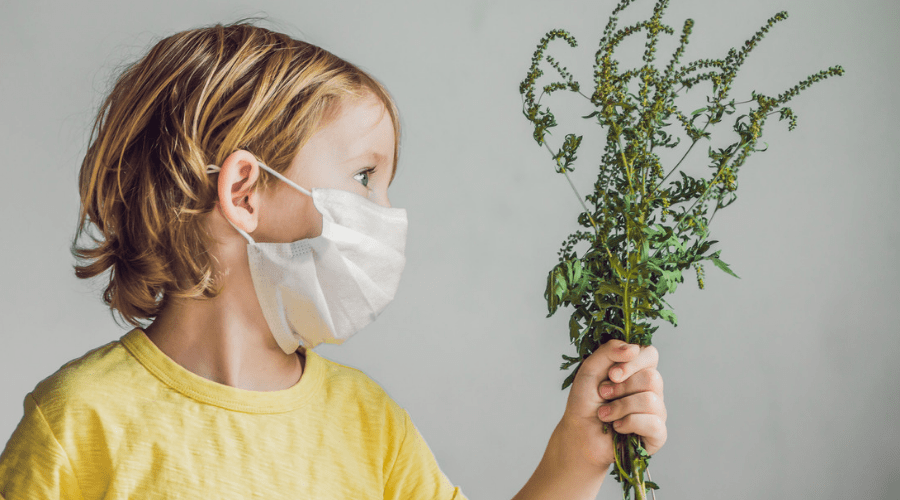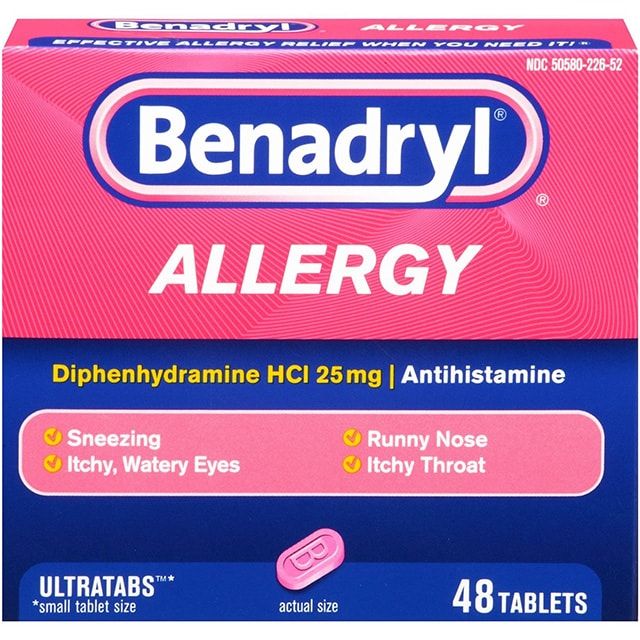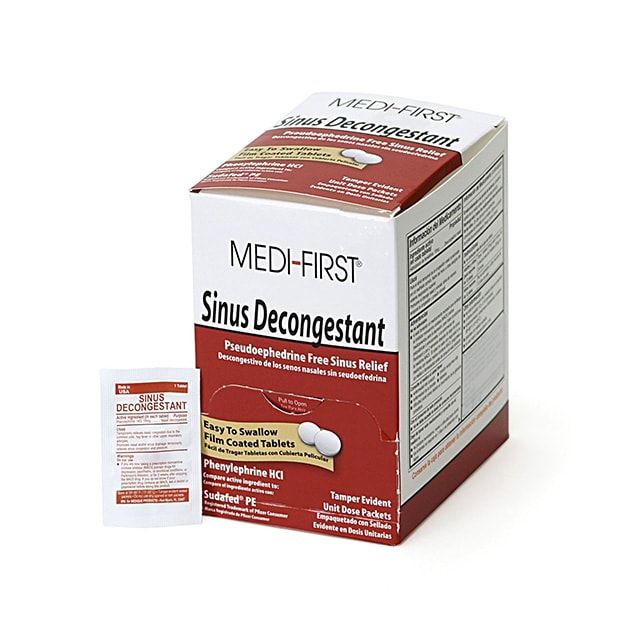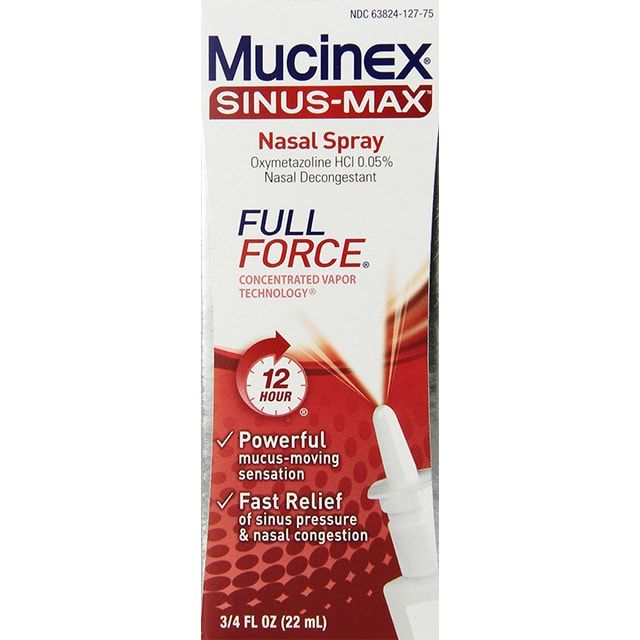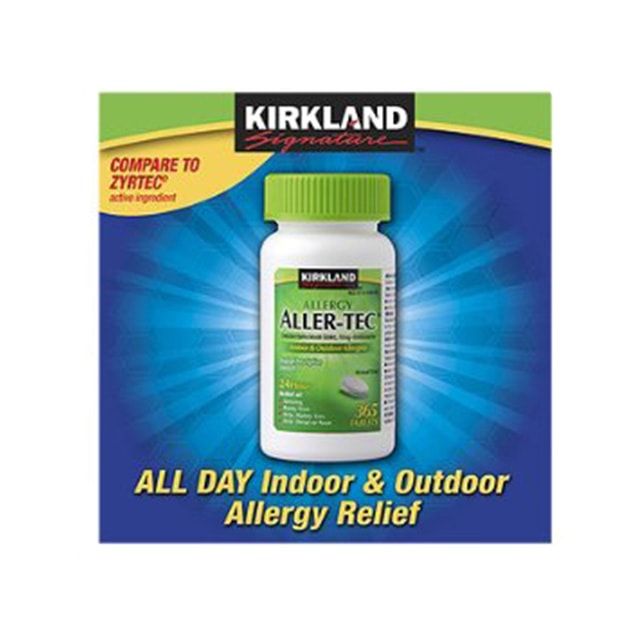Do you suffer from seasonal allergies? Those watery, itchy, and agonizingly irritated eyeballs that you just want to tear from your skull? Yeah, we know, we get it. Some people look at a warm Summer day as endless opportunities to have fun. You just glance out the window and cringe within yourself.
But some people aren’t regular sufferers of the bane that is grass and pollen allergies. And most don’t’ experience this occurrence until sometime into their adult years. Allergies can come out of nowhere. So, if you’re one of those people, you’re probably asking just how long do grass allergies last, anyhow?
SO, WHAT’S THE DEAL, ANYWAY?
If you suffer from season allergies, then you deserve a medal. They’re the worst thing to deal with, especially when you’ve been waiting all Winter to go outside and enjoy that sunshine.
But for those who are new to the hellish experience, you’re probably wondering what’s causing it, is there need for concern, and how can you alleviate your condition? Right? When our bodies come in contact with allergens in the air, it has no idea how to respond other than to protect. And to protect, it releases something called histamines. This is what causes the cold and flu-like symptoms.
Hopefully this breakdown will aid you in your search for relief.
SYMPTOMS
Most pollen and grass allergy symptoms vary from person to person, but they do share common traits. It’s quite easy to determine your symptoms if this is the issue. Look for red, itchy, watery eyes. Skin irritations like rashes, bumps, or hives. Sometimes, swelling or puffing around the eyes and throat can come along with it, too.
Basically, cold and flu like symptoms. These results may seem quite severe, and impossible to live with, but they’re quite common. A vast majority of the population suffer from seasonal allergies and, unfortunately, you just have to wait it out.
SEVERITY & CONDITIONS
Most allergic reactions to grass, pollen, and dust are considered normal and not sever enough to warrant a trip to the doctor. But every now and then, someone will come along with a major sensitivity and their bodies have reacted in a way that’s cause for emergency. This usually means eyes that have swollen shut, throats that have tightened and swollen to the point that airways are constricted, and skin rashes that are breaking and bleeding, possibly even becoming infected.
By all means, if you fall under any of these categories, go see a doctor immediately.
DETERMINE THE CULPRIT
So, one way of lessening your torture is to determine what exactly is causing the grief. Yes, it’s usually grass and/or pollen, but it can be narrowed down so you can attempt to avoid areas or situations that could trigger your symptoms.
If you have an allergy to grass, it’s often only when it’s been freshly cut and the bits have been dispersed into the air. This usually triggers a grass allergy rash along with the itchy and watery eyes.
Solution? Don’t mow the lawn. Pass that chore off to another family member and stay inside or leave the house when it’s being mowed. Certainly avoid any raking or cleaning up, as well, as this could cause the skin irritations.
If your allergies are more sensitive to tree and flower pollen, then try and avoid staying outside for long periods of time during pollination season. This is usually the first couple of weeks of Spring. The flowers are spurting their bits everywhere and the bees are busy gathering up their supplies.
Pollen is everywhere. Stay inside or go out during the evenings when the air is more clear of these micro-bits. Obviously, asking the question how long does grass pollen season last will differ from the US to, say, the UK, so know your environment first and then figure out some techniques for avoiding grass allergies.
TREATMENTS & SOLUTIONS
There are tons of great over the counter allergy meds and treatments, each offering an array of remedies and relief. If you’re unsure what exactly to use for your specific ailment, don’t hesitate to consult your doctor or just ask the pharmacist at the drugstore.
SOME COMMON PRODUCTS TO USE ARE
Anti-histamines like Benadryl
Decongestants to break up the mucus on your chest and in your throat
Nasal sprays to clear up your nasal airways and flush out any pollen caught in there
Hard-core allergy meds like Reactine
REMEMBER
So, just remember, you don’t have to live with the severe stuff. You can alleviate the reactions enough to enjoy those warm Spring and Summer months.
- Determine your triggers
- Avoid close contact
- Get some allergy meds
If this article helped you at all, please feel free to share or leave a comment! We love to hear about how others are conquering their pesky seasonal allergies!
CONCLUSION
So, there you have it. Hopefully that will aid you in your search for answers when it comes to the insufferable grass and pollen allergies. Look for itchy, watery eyes, a bit of swelling, and possibly some skin irritations. There are just awful, I feel your pain.
As someone who deals with constant grass allergies, I use medications like Reactine. I take a dose everyday, whether I plan on going out or not. It just helps keep those really bad symptoms at bay so I can enjoy my Summer. Another great idea is to try and limit the amount of grass and plants you have in your yard, at least ones close to areas where you would walk or sit. Dry creek landscaping is a wonderful alternative to flowers and plants.

